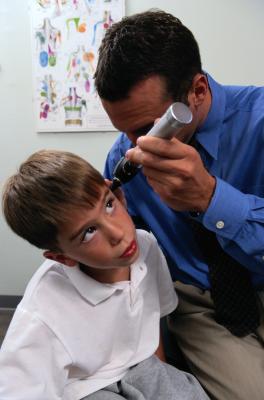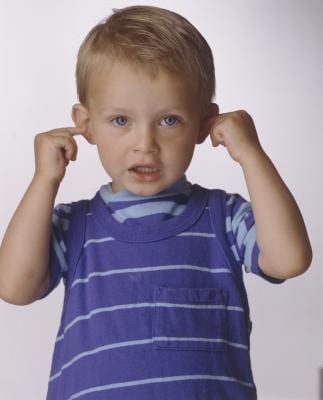Search Results for: ear infections
Recurring Ear Infections in Children
A child who suffers from recurrent or chronic ear infections has fluid or infection behind the eardrums that either doesn’t go away or keeps coming back. Chronic ear infections are generally diagnosed if a child has had at least three ear infections within six months time or four ear infections within the span of a year, in which case your pediatrician will refer your child to an ENT specialist.
Causes of Ear Infections in Children
If you have a child, you are going to deal with ear infections from time-to-time. In fact, ear infections are the most common reason children go to the doctor. In recent decades, the rate of children getting ear infections has been on the rise. Doctors aren’t sure why, but it may be because of an increase in allergies. About 90 percent of children will get at least one ear infection by the time they are 4 years old.
Do Antibiotics Really Work for Ear Infections?
A new study suggests alternatives.
Tune Out Ear Infections for Good!
Does your child get chronic and recurring ear infections? This one is a must- read: Chronic and recurring ear infections in children are one of the most common reasons for visiting pediatricians. An ear infection typically occurs when the childs body is in a state of inflammation; it can cause pain, fever, loss of hearing, dizziness, as well as other less common symptoms. Conventional medicines protocol for alleviating this condition involves prescribing repetitive doses of antibiotics. Although this may sound like the logical solution, excessive antibiotics can lead to the weakening of the childs immune system, build resistance against certain strands of bacteria, and make the child more susceptible to future recurring ear infections. To build up your childs immunity and prevent inflammatory diseases from recurring, there are certain diet and lifestyle changes that are recommended.
Dizziness & Nausea in an Ear Infection
Inner ear infections differ from middle ear infections. Middle ear infections are the ones children typically get that affect the eardrum. When you get an ear infection that inflames the inner ear, you can become dizzy and nauseous. Other difficulties connected with inner ear infections are vertigo, balance problems, vision problems and hearing problems.





